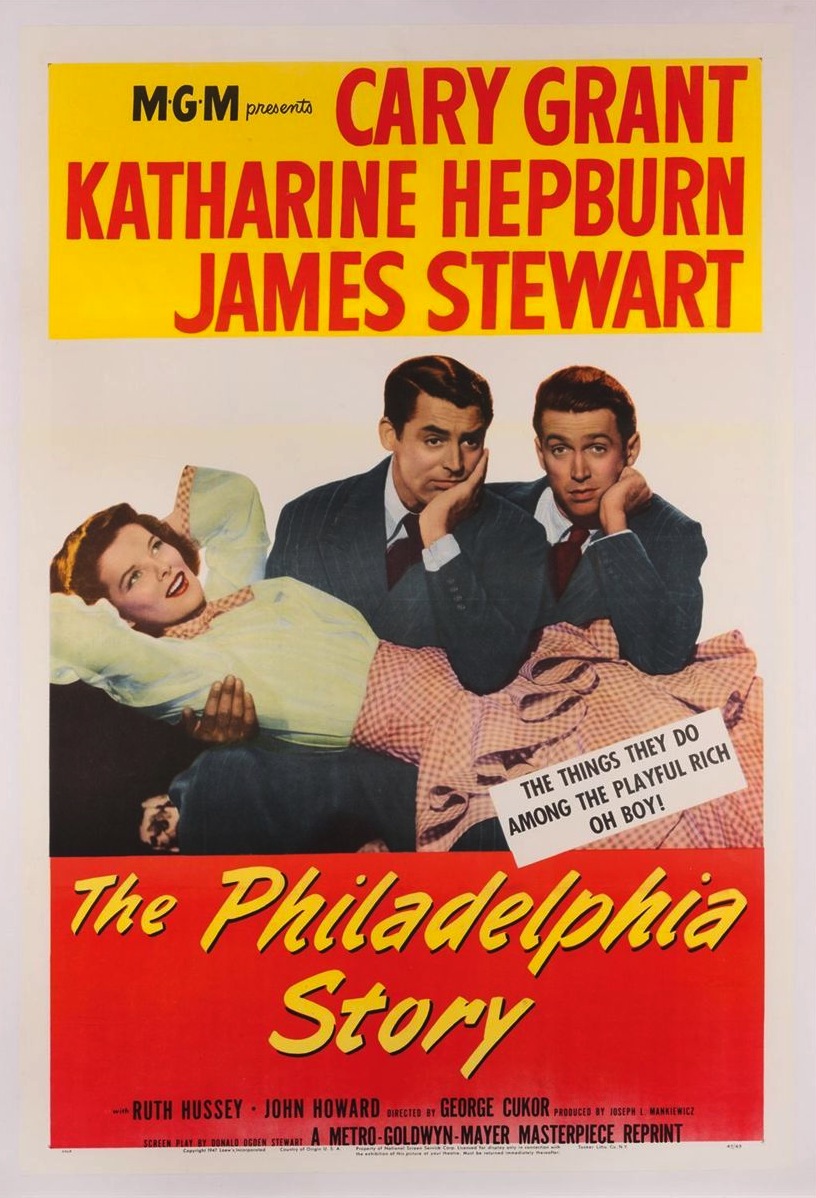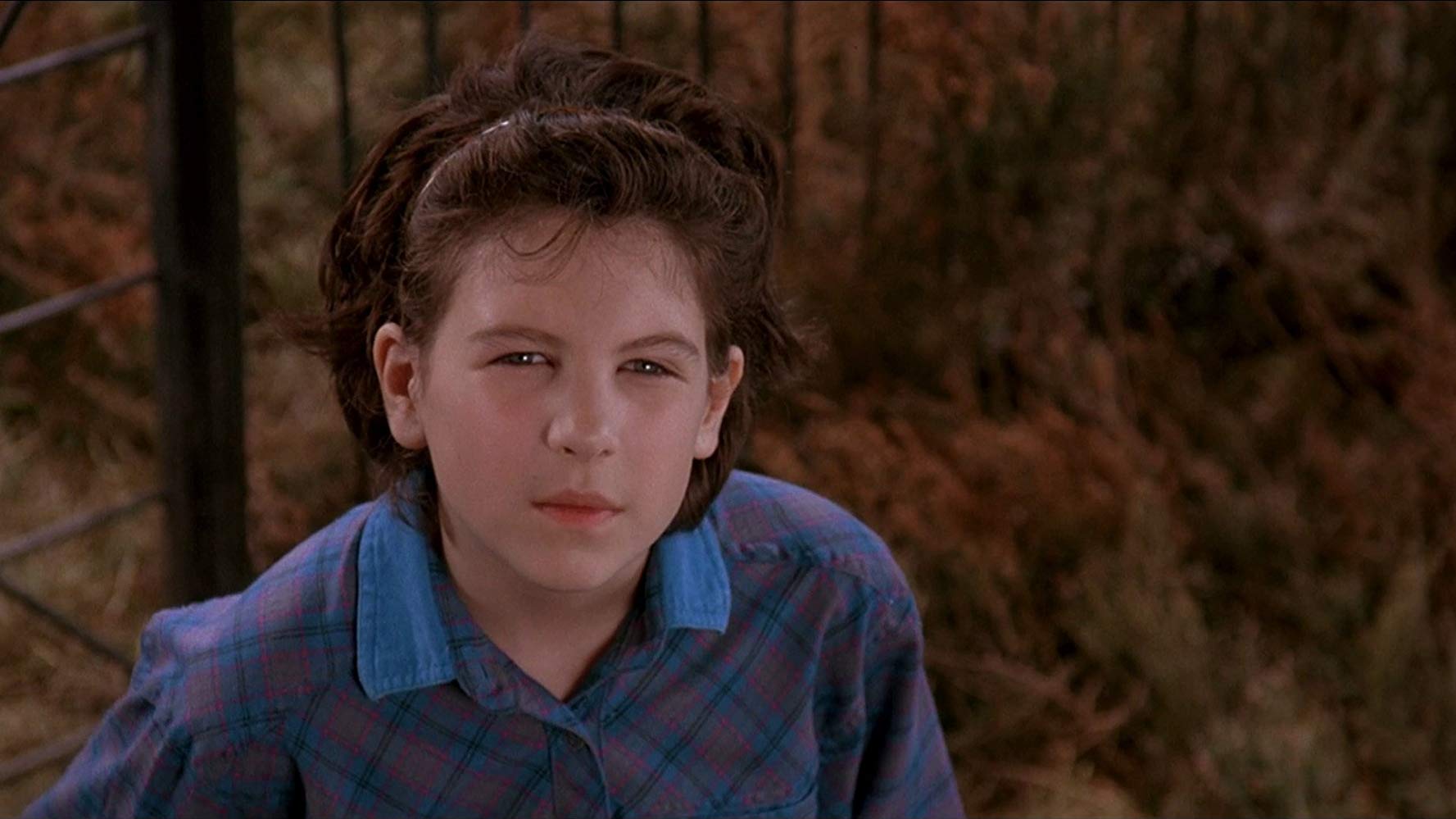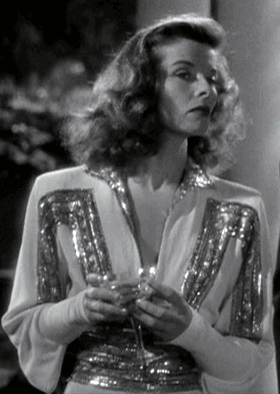Episode 16 of 52 as Anne Marie screens all of Katharine Hepburn's films in chronological order.
 In which Katharine Hepburn wins it all back and then some.
In which Katharine Hepburn wins it all back and then some.
For Classic Hollywood stars whose images so often transcended or eclipsed the films they appeared in, there often emerges one film that becomes image-defining. This film has the power to stretch forward and back in time, coloring biographical details and even other performances by that actor. It’s the film that will show up in retrospectives and Turner Classic Movies montages, be quoted by fans and impersonators. For Bette Davis, it’s All About Eve. For Gloria Swanson, it’s Sunset Boulevard. For Katharine Hepburn, it’s The Philadelphia Story.
What sets Kate and The Philadelphia Story apart is how deliberately this star-defining was done. Davis was a last-minute replacement for Claudette Colbert, and Swanson was on a list of Pre-Code potentials that included Mae West. But from the beginning, nobody but Kate was Tracy Lord. The part was written for her by Philip Barry, purchased for her by Howard Hughes, and performed by her first on Broadway, then on tour, then finally back on the silver screen again, less than two years after she’d departed. Tracy Lord is Katharine Hepburn, and Katharine Hepburn would spend much of her career playing variations on Tracy Lord.

As a vehicle based on Hepburn’s image, The Philadelphia Story is preoccupied with this question. The film's purpose is to address the faults of Tracy, and by extension those of Kate. The plot is just a distraction while the character dissection occurs: On the eve of the Tracy’s wedding to social climber George Kitteredge (John Howard), Tracy Lord unexpectedly finds herself host to her ex-husband C.K. Dexter Haven (Cary Grant), a photographer (Ruth Hussey), and a newspaperman named Mike Connor (Jimmy Stewart). Their answers are witty, but mostly negative: Tracy is made of bronze, she’s a distant queen, a virgin goddess, an unfeeling heart, generous to a fault except to other people’s faults, etc. Considering this is a romantic comedy involving a love quadrangle at a wedding, everybody spends a lot of time being mean to Tracy.
Kate runs this jibe gauntlet through the first half of the film. But it turns out that insults stick to bronze statues as well as they do to virgin goddesses and screen legends, which is to say not at all. Kate is in top form throughout The Philadelphia Story, but she shines brightest in the moonlight with Jimmy Stewart, in a scene midway through designed to contradict the criticisms thrown her way for the first fifty minutes. The centerpiece of the film is Tracy’s “mistake” - she gets blasted and runs off at her engagement party to make love with the equally blotto Mike. At the pinnacle of her Drunk Acting ability, Kate is witty, silly, and grounded, and--thanks to costumes by Adrian and an added purr to her voice--sexy.
At the time, the whisper of scandal brought on by two extremely good looking drunk people trading banter and then skipping offscreen for some implied pool sex was supposed to be enough to bring the haughty Hepburn down a notch. But, rather than humbling Hepburn, it’s humanized her. She’s desirable - in fact, three men want her. She gets to choose. I freely admit the end makes no sense. Kate only ends up with Cary Grant because he’s Cary Grant and she’s Katharine Hepburn and there are rules about that sort of thing.
Kate didn’t just triumph in the movie, she won the whole game. She owned the rights to The Philadelphia Story, so when MGM came calling she negotiated a contract with the legendary studio. The film grossed twice as much as her highest earner at RKO and netted her an Oscar nomination to boot. (Stewart won for Best Actor, but considered it a consolation prize for losing the previous year for Mr. Smith Goes to Washington.) The only thing Kate didn’t get was her first choice for a leading man, a certain Irishman she had yet to officially meet. That would change for her next film, and Kate’s life and career would never be the same.

 Previous Weeks: A Bill of Divorcement, Christopher Strong, Morning Glory, Little Women, Spitfire, The Little Minister, Break of Hearts, Alice Adams, Sylvia Scarlett, Mary of Scotland, A Woman Rebels, Quality Street, Stage Door, Bringing Up Baby, Holiday,
Previous Weeks: A Bill of Divorcement, Christopher Strong, Morning Glory, Little Women, Spitfire, The Little Minister, Break of Hearts, Alice Adams, Sylvia Scarlett, Mary of Scotland, A Woman Rebels, Quality Street, Stage Door, Bringing Up Baby, Holiday,
Next Week: In which Tracy and Hepburn explode on screen in a dynamic maelstrom of celluloid chemistry.